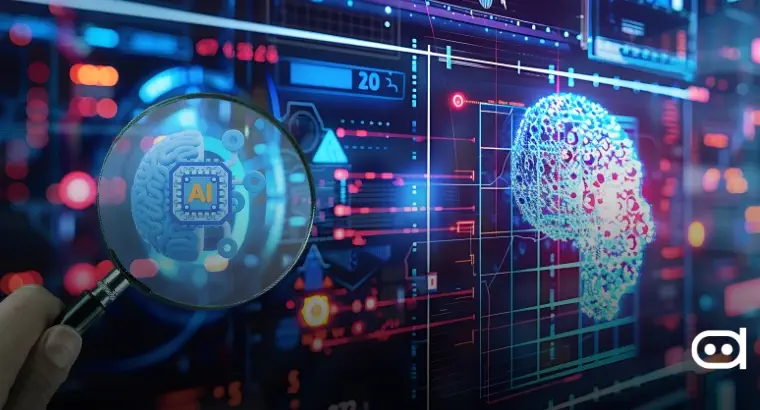
Google’s AI is now under a privacy investigation by Irish regulators, sparking concerns about how the tech giant manages user data. The probe comes after fears were raised regarding potential violations of data privacy laws, particularly how Google’s AI model collects and handles sensitive information. This scrutiny highlights the ongoing challenge of balancing AI innovation with privacy protection.
The Irish Data Protection Commission (DPC) has initiated a formal investigation concerning Google’s AI model due to the privacy violations associated with it. This is a major regulatory move regarding DPC assessing if Google’s AI complies with the provisions of the EU General Data Protection Regulation (GDPR). The inquiry arose in the context of various complaints, which indicated that the collection and processing of data using Google’s more sophisticated AI was subject to violations.
Regulatory authorities around the world have become more vigilant on the use of AI technologies as they offer limitless opportunities for data use as well as abuse. Here, attention is mainly directed at the ways through which Google’s AI extracts private details and how it stores them after that. It has been noted that the rapid pace of inventions of such AI instruments has completely surpassed the provision of privacy by design and other measures that protect the information of the end users.
The ramifications of this probe are far-reaching. If the DPC in Ireland determines that Google contravened the provisions of the GDPR, Google will be subject to significant penalties. Further, this may lead to a more transparent examination of other AI models, for which this sector of the society may create new benchmarks of data protection. The result will also stimulate more controversies in debates regarding the development of technology versus the need to preserve people’s interests in the age of big data.
Read More: Can NVIDIA and Oracle’s New Alliance Revolutionize AI Data Processing?
As AI technology finds its way to routine use in almost all spheres of human activity, uneasiness concerning the processing of user’s data will also keep growing. The other observation typical of the experiences described presents Google’s AI as a classic story of the great potential of advanced technology unwittingly creating terrible risks to privacy. Through this investigation, Ireland may be leading in the direction of such a future where the structures would be in place to regulate AI and set a path that other nations and technology companies would want to be on.
The emphasis on Google’s AI in this instance is important because if one were to dream about future inventions in AI, one should also concentrate on how well people’s privacy can be protected and the mechanisms that can be adopted.





